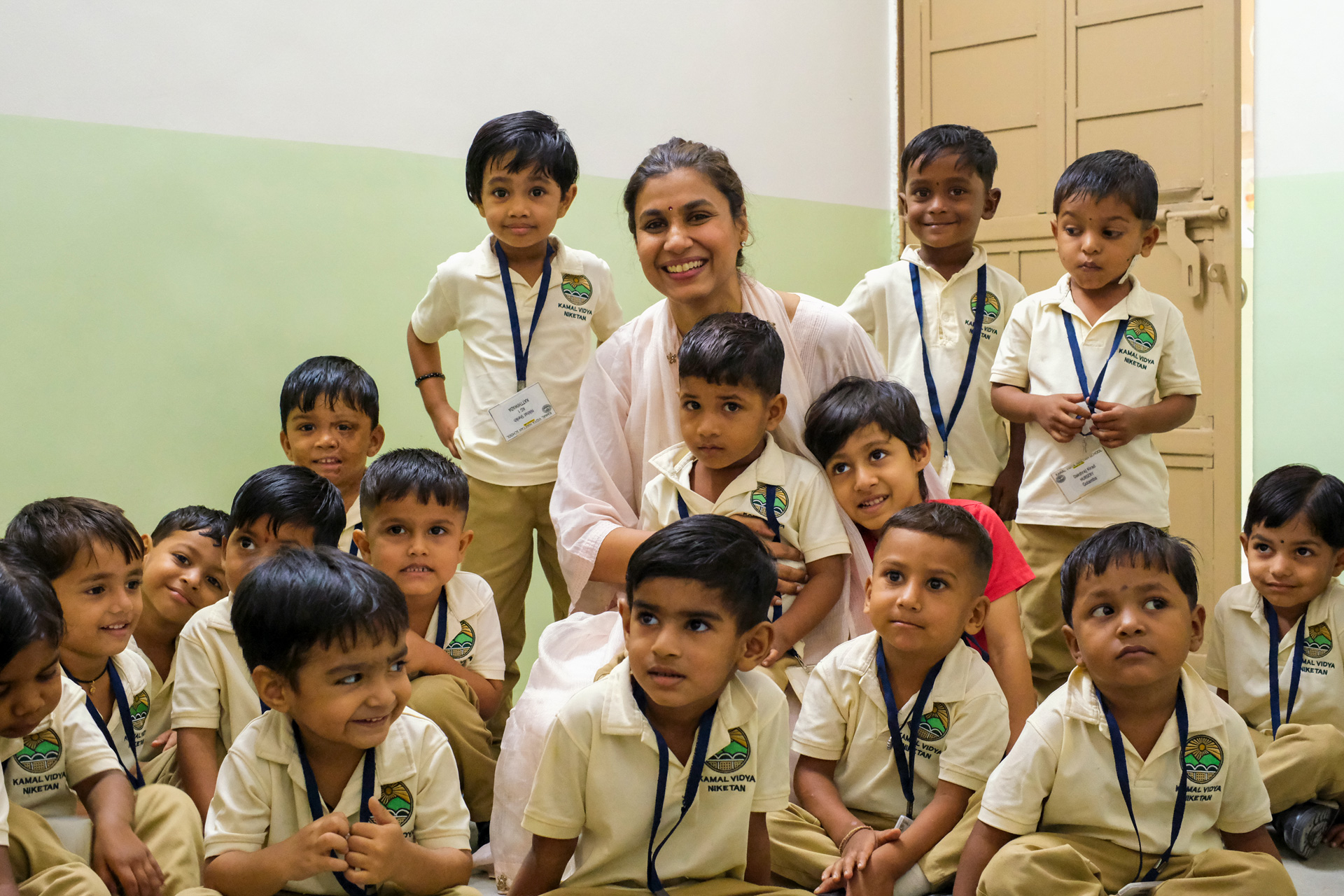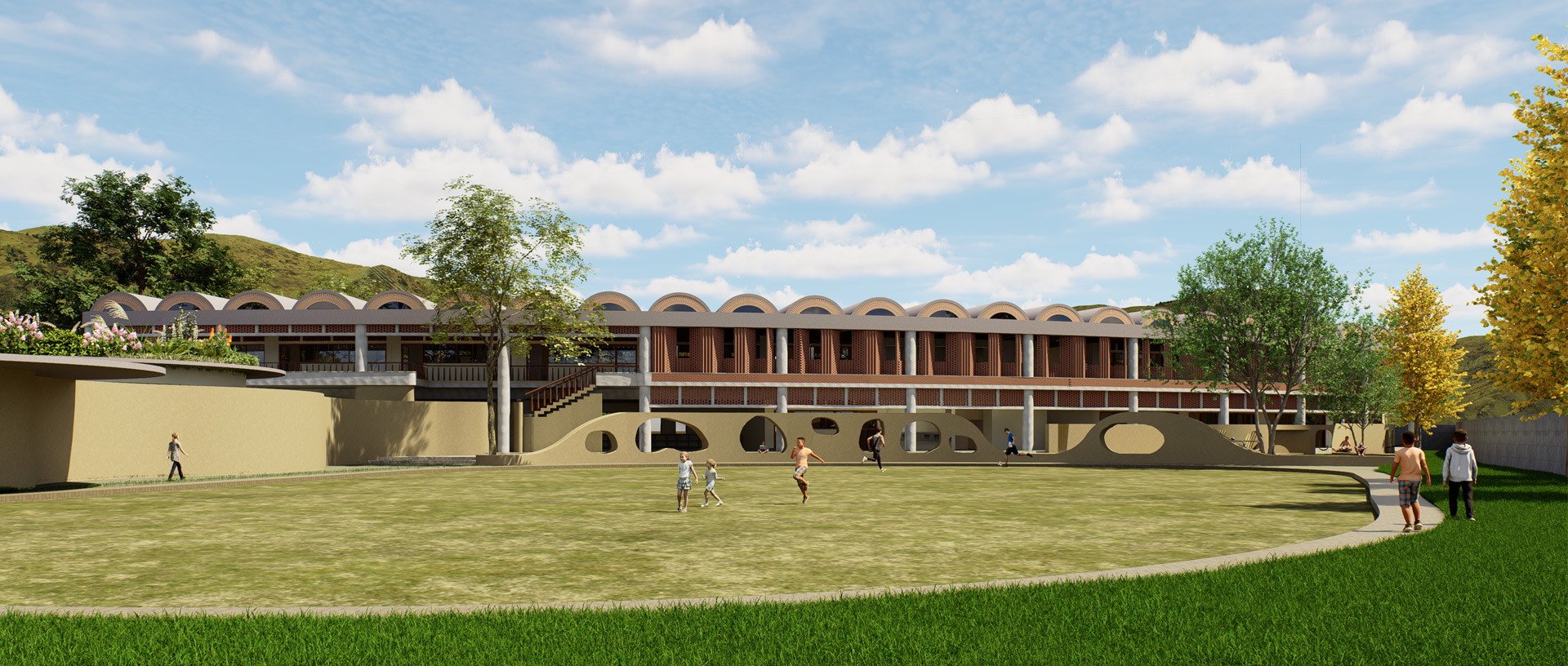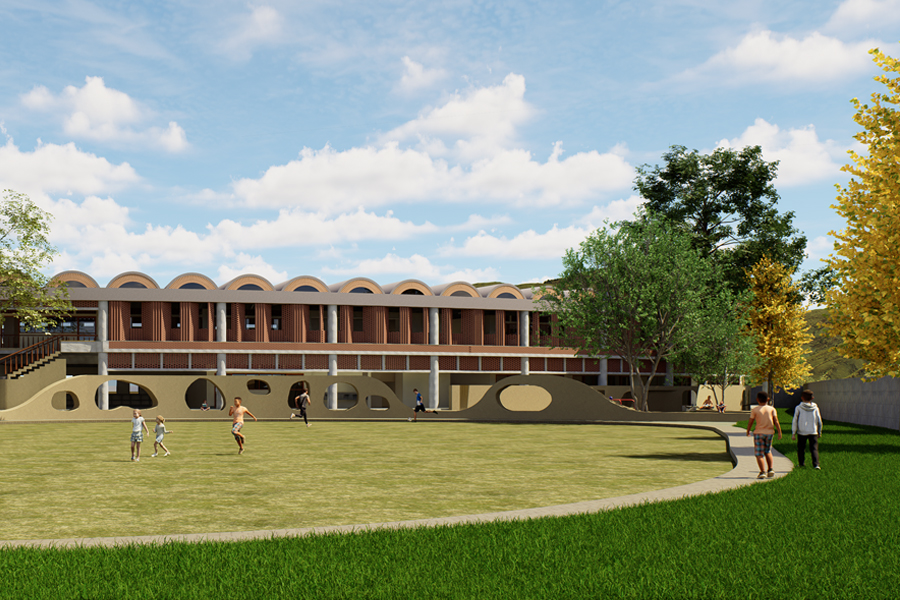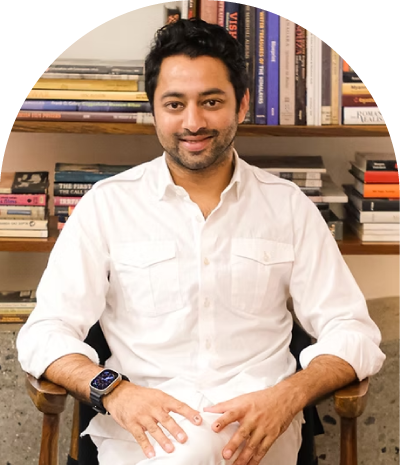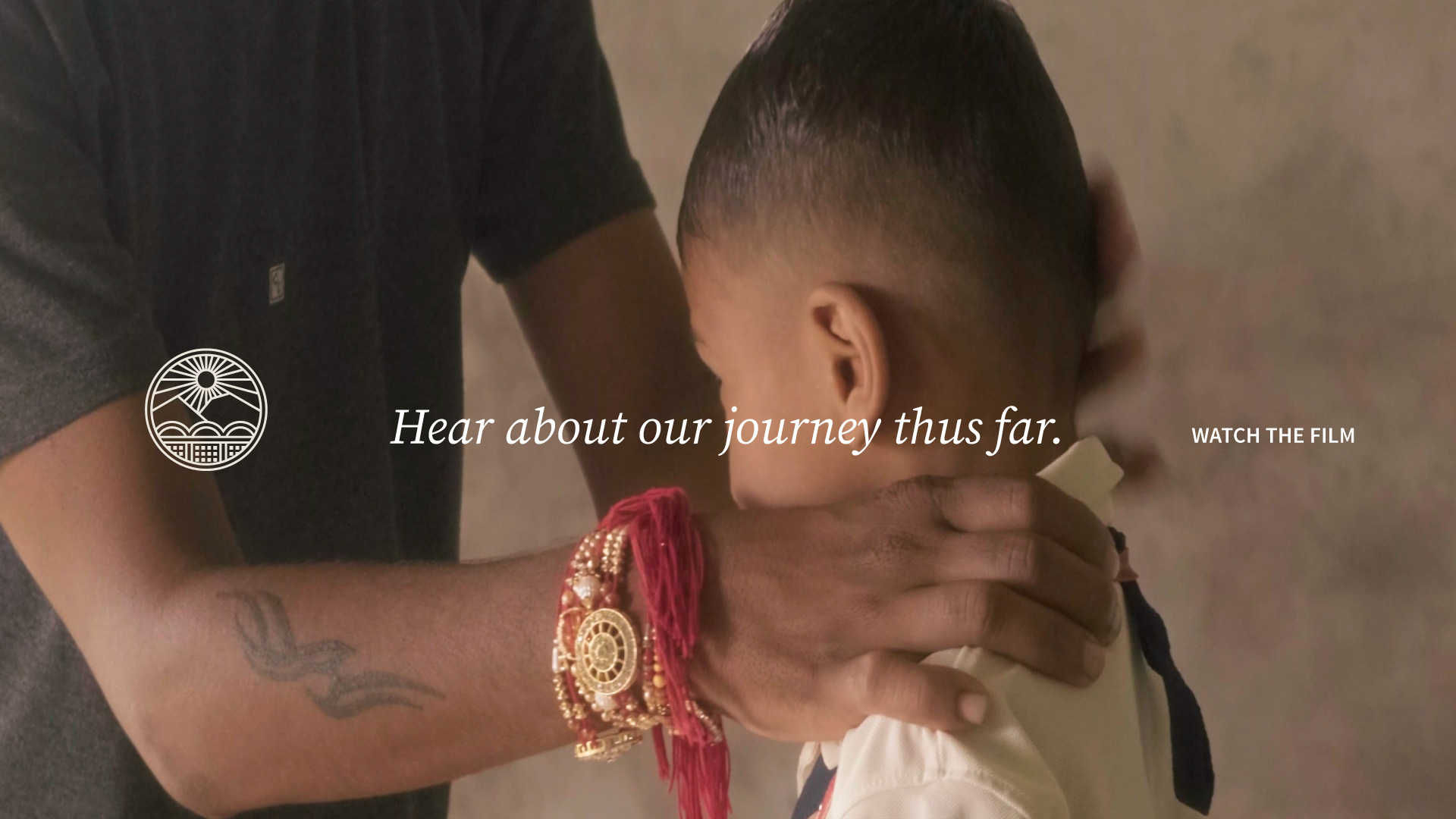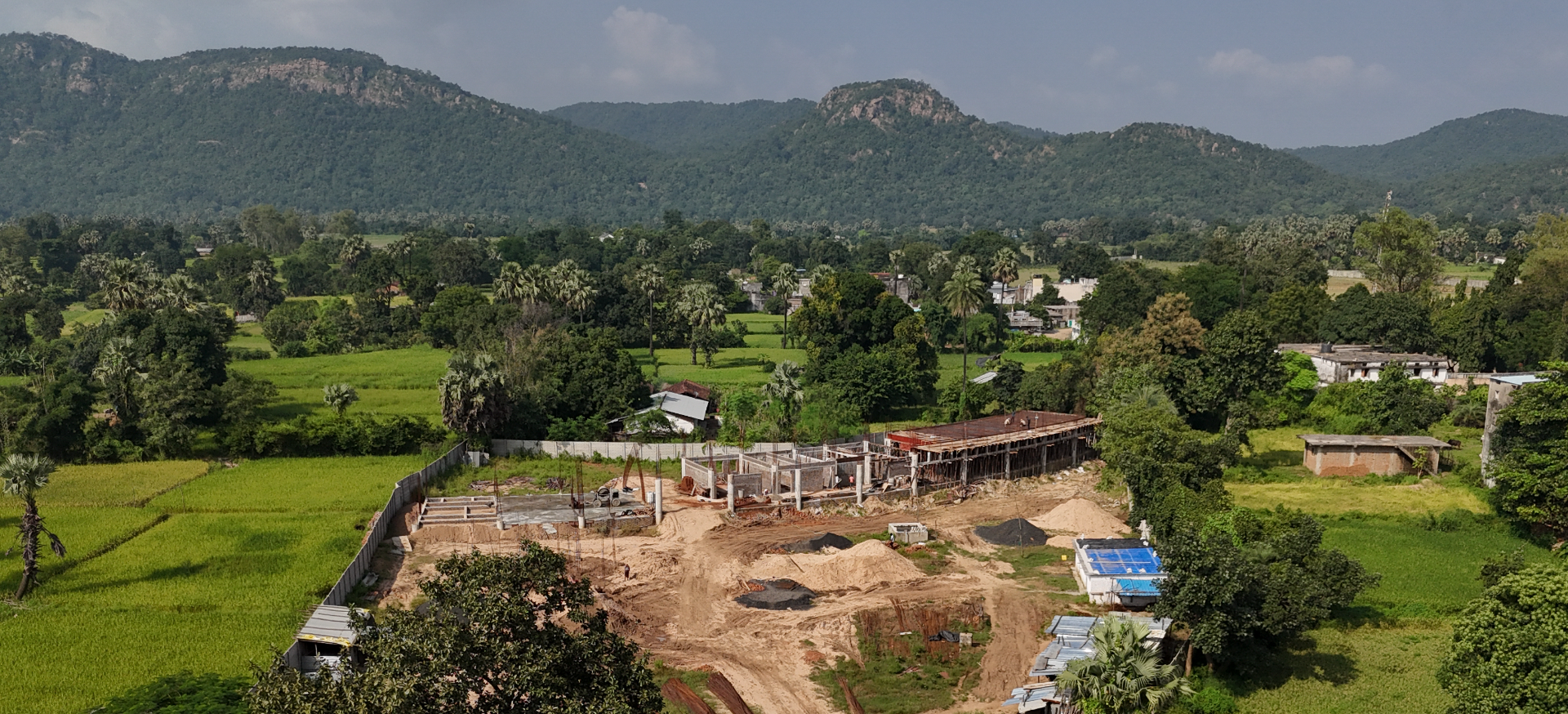The state of things and why we need to act.
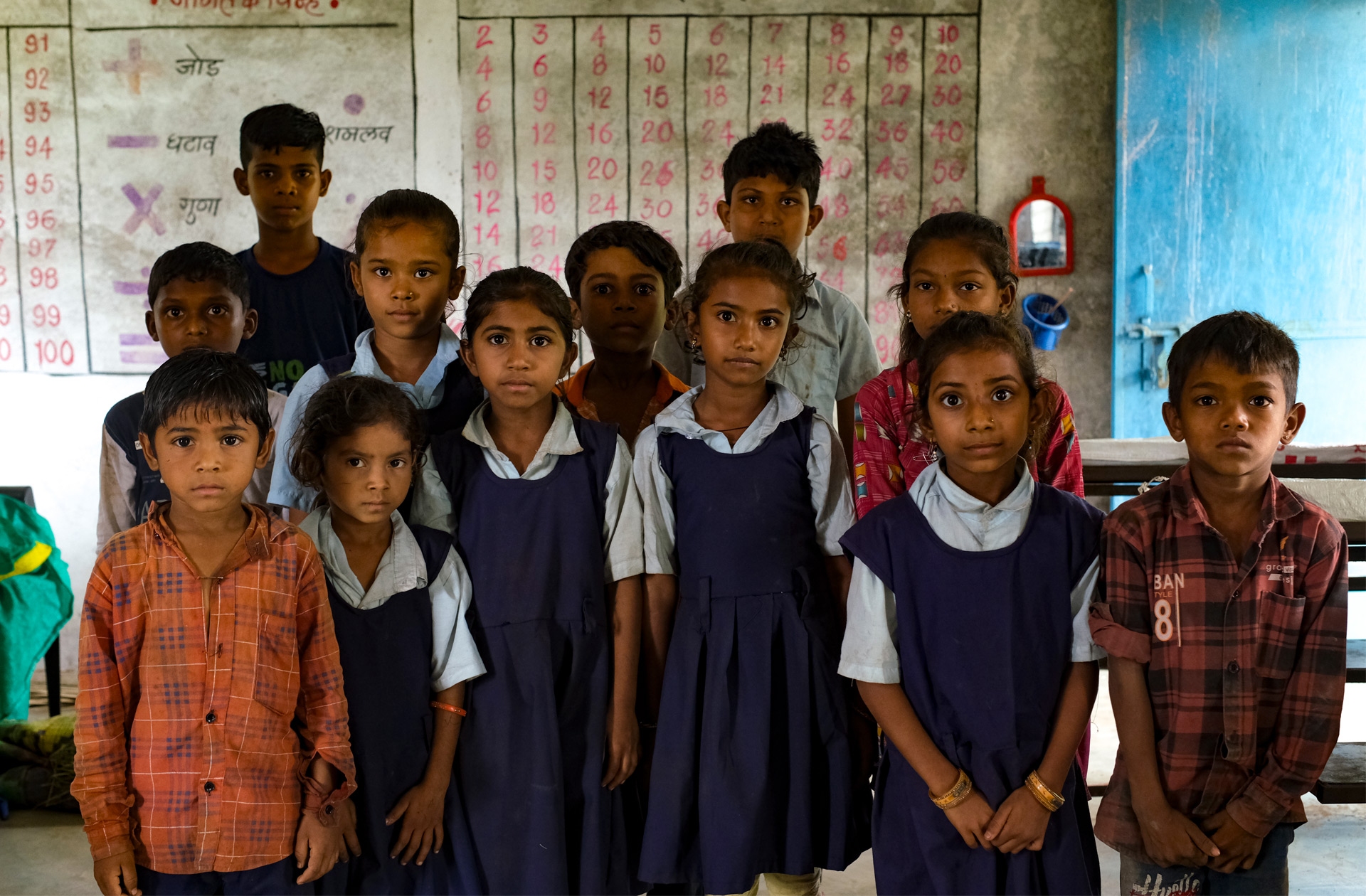
A public school in Kathiwada, Alirajpur district, Madhya Pradesh, India
India is in the midst of a crisis in education. Now the world’s most populous country, a majority of India’s population, a whopping 70%, resides in rural areas. In a decade, India will have 1 billion people of working age and 67% of these people will be from rural areas. Foundational skills have been in steep decline – 50.8% of Grade 5 students can read a Grade 2-level text, while just 25% of Grade 8 students can perform basic division. Currently, youth unemployment in the country stands at 83% with 65.7% of these youth having completed secondary education. There is no correlation between education and employability or aspirations. By 2030, rural-urban migration will jump to 40%.
Illiteracy is widespread in rural areas. A paltry 2.9% of the national budget is allocated for education. While enrollment rates at the primary level are high (88.6%), it drops to 34.3% at the secondary level. Kathiwada is located in Alirajpur district. Alirajpur has a literacy level of 36.1%, the lowest in the country. Over 300 schools in the district do not have teachers showing up to school. Most schools are dilapidated structures, do not have toilets, electricity, libraries or digital learning tools. Pedagogy is severely outdated and inappropriate for the needs of the area.
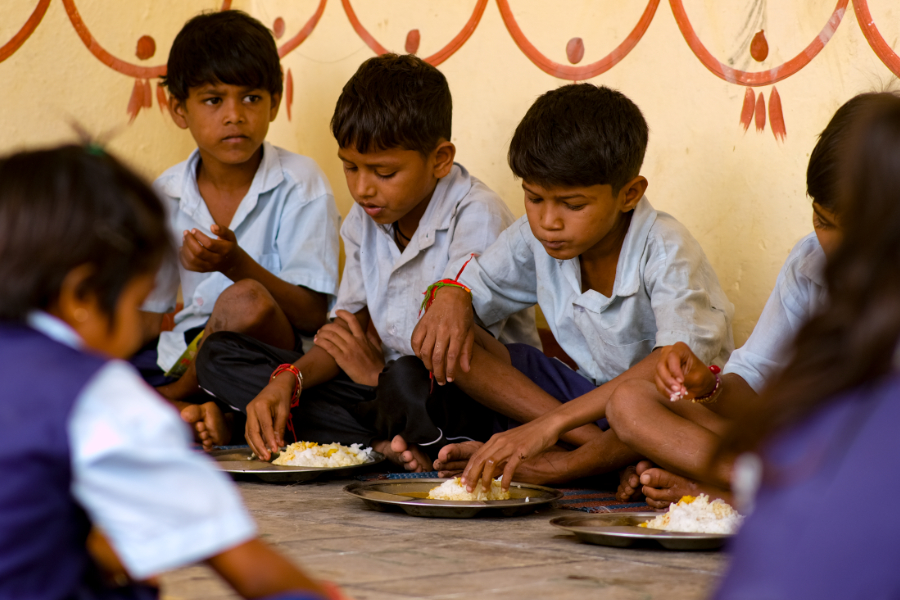
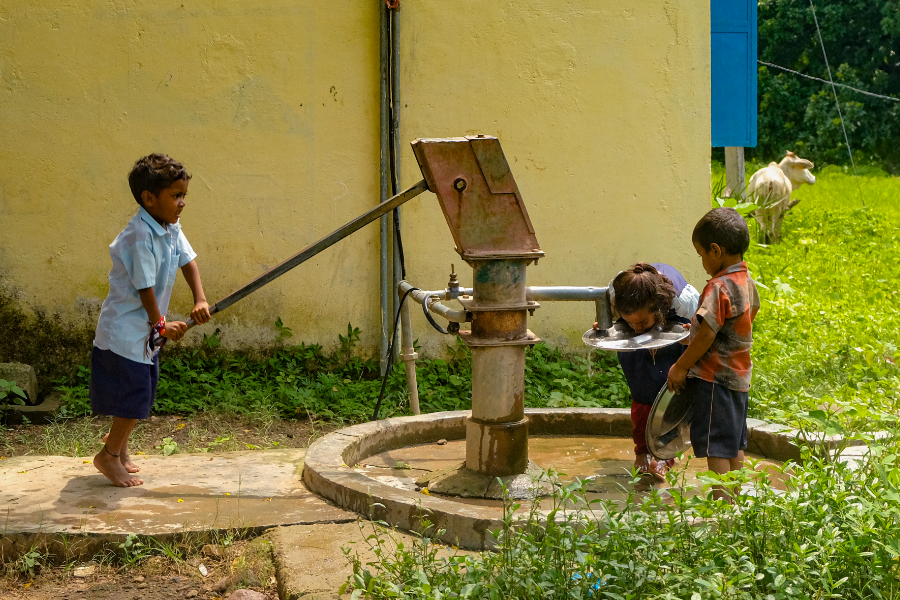
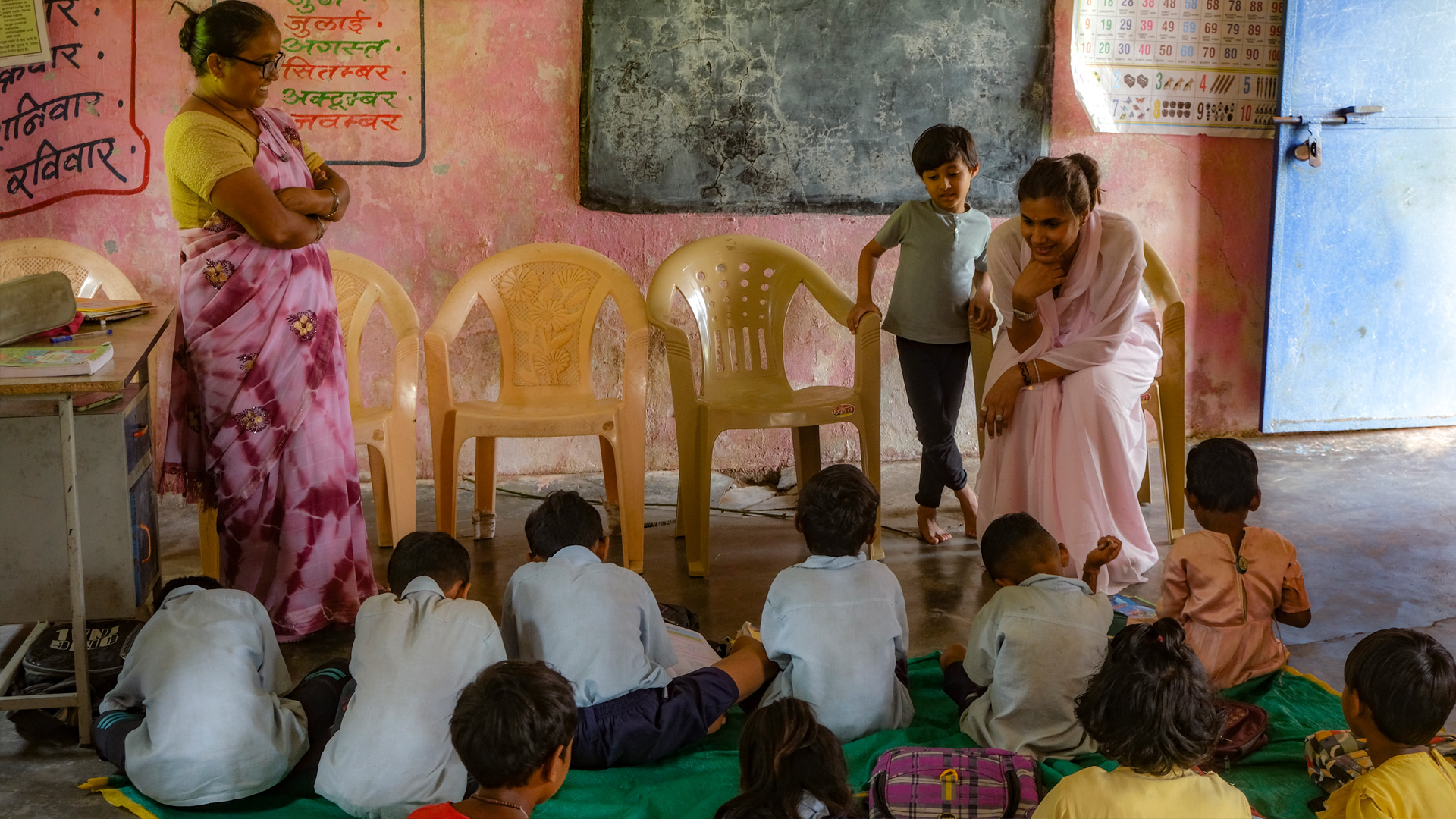

As part of Kathiwada 2034, Zone 8 has been allocated to the school campus.
Trustee and patron of the Kathiwada Foundation, Sangita Devi Kathiwada, donated 1.6 acres of land to build an English-medium school for over 400 students from the region of Kathiwada and its adjoining villages. Years of community engagement along with learnings from fieldwork by educational experts led us to conceptualise Kamal Vidya Niketan.
By blending constructivist learning, interactive teaching methods, and a broad curriculum that spans academics, arts, sports, and activism, we’re creating a vibrant space where students become self-directed learners and dynamic contributors to their communities.
Kamal Vidya Niketan will have the following features and facilities:
- Teacher-training program
- Spacious classrooms
- Makerspace for collaborative work, creating, inventing and working on projects
- Computer lab
- Dining area for all
- Large outdoor play area and sports ground
- Dedicated play area for toddlers
- Administrative block
- Amphitheatre
- Integrated outdoor and indoor areas to facilitate learning in environmental studies, organic food production and energy sustainability
Students have free access and shuttles to the DSK Sports Club (Zone 7, Kathiwada 2034) with dedicated timings to use the following facilities:
- Cricket ground with indoor and outdoor practice nets
- Kabaddi court
- Volleyball court
- Kho-kho
- Shooting and archery range
- Running track
- Jungle gym
- Cycling facilities
- Half basketball court
- Padel and Pickle ball courts
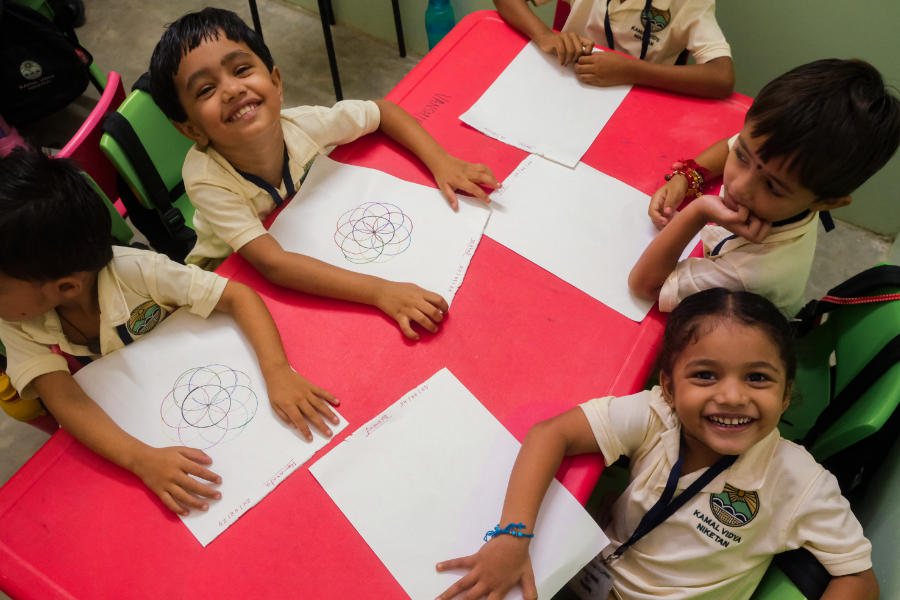
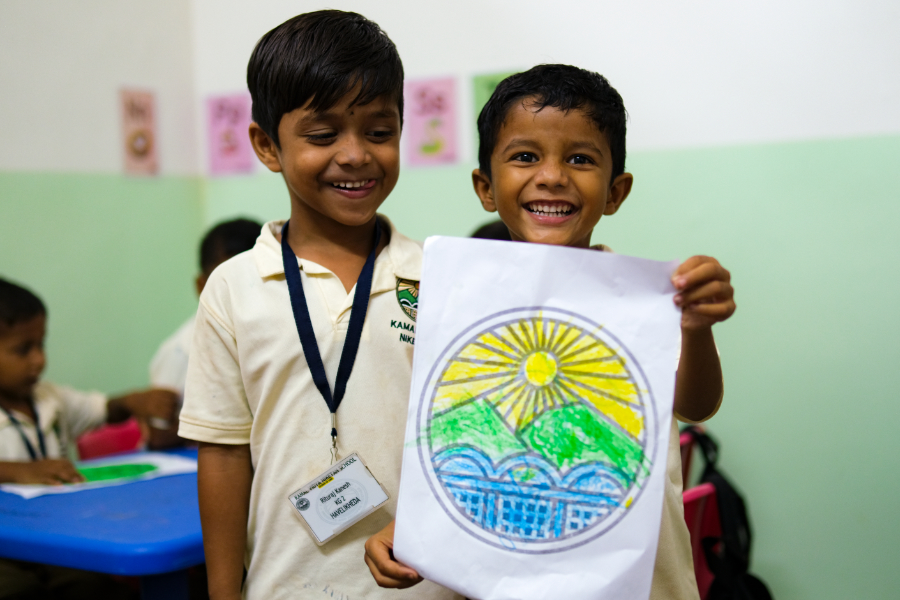
The Leadership
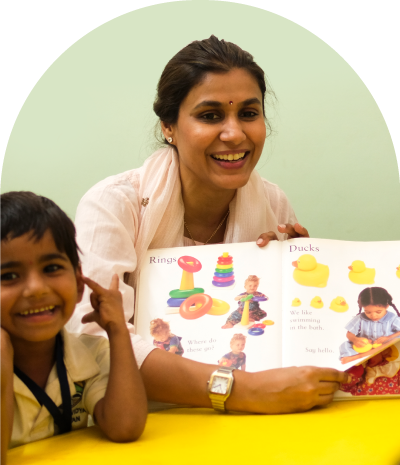
Rani Swati Sinh Kathiwada
CEO, Kathiwada Foundation
Swati Sinh plays a pivotal role in shaping the vision and strategy for Kamal Vidya Niketan, bringing her deep commitment to education and child development to the forefront. Her passion for nurturing young minds and creating impactful educational experiences ensures that every aspect of the school aligns with the foundation’s broader mission of holistic development.
Rana Digvijay Sinh Kathiwada
Chairperson, Kathiwada Foundation
Digvijay Sinh envisions education as the cornerstone of Kathiwada’s transformation. The architect of the Kathiwada 2034 initiative, he believes a well-rounded education is key to unlocking the potential of local communities and enabling them to actively participate in the region’s economic revival. His commitment to contextual, value-driven learning aims to empower individuals with the skills, knowledge, and confidence to shape their own futures while contributing to their communities.
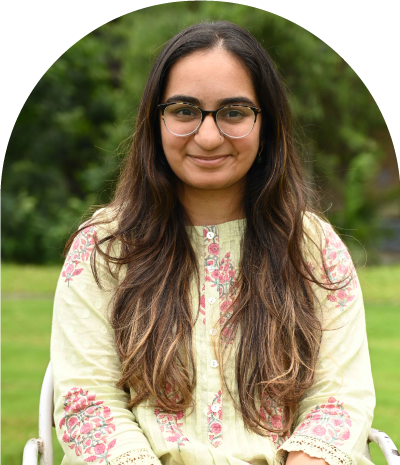
Shruti Mehta
CEO, Kamal Vidya Niketan
Shruti brings a rich blend of academic expertise and hands-on experience as CEO. An economics graduate from Delhi University, her journey in education began with Teach for India, where she taught in under-resourced schools in Dharavi before advancing to coach and train teachers as a Program Manager. With an MPhil in Education Leadership and School Improvement from the University of Cambridge, her research delved into the experiences of children with low attainment in Indian classrooms. Driven by her passion for creating meaningful change, Shruti is committed to improving opportunities and outcomes for children from vulnerable communities.
Since 1434, the Royal House of Kathiwada has safeguarded the land and its people. Today, with a bold vision for the future, the family is driving strategic change through the Kathiwada Foundation, committed to shaping a prosperous future and serving the community for generations to come. Discover more about the royal familyʼs legacy and their continued dedication to Kathiwadaʼs growth.
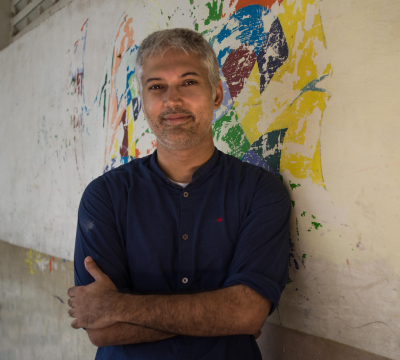
“KVN has the potential to be a proof point of what a reinvented, transformational school can embody for rural India. It has the potential to be transformative for kids across the region. And it holds a promise to deliver on a level of quality that is unparalleled – one that is what kids from underserved communities need and deserve. We’re excited to be partnering with them to make the potential a lived, long-lasting reality.”
SANDEEP RAI
Founder, The Circle India
Founder, Teach for India

“Kamal Vidya Niketan is an extremely promising school that aims to transform education for children in Kathiwada. I strongly believe in their vision for providing holistic and world-class education for children in the region and the passion and commitment of the team to bring that vision alive. In a few years, I believe this school will establish itself as a prominent center of excellence for rural education and I’m excited to be on this journey with them as an advisor.”
Jyotirmoy Chatterji
Director, Dasra
Head, Giving Pi
